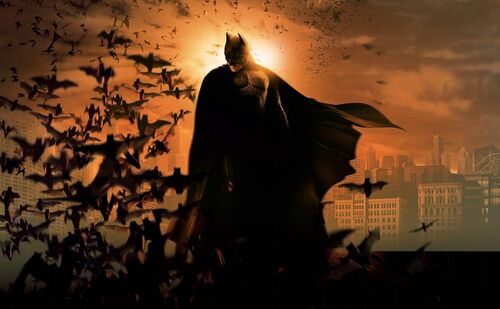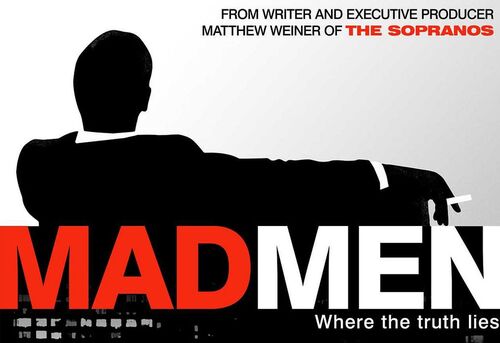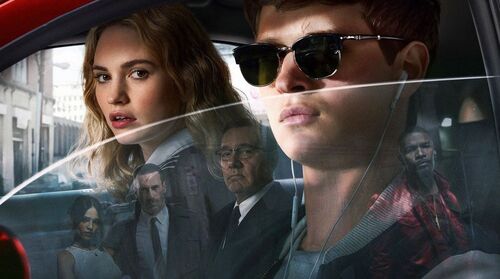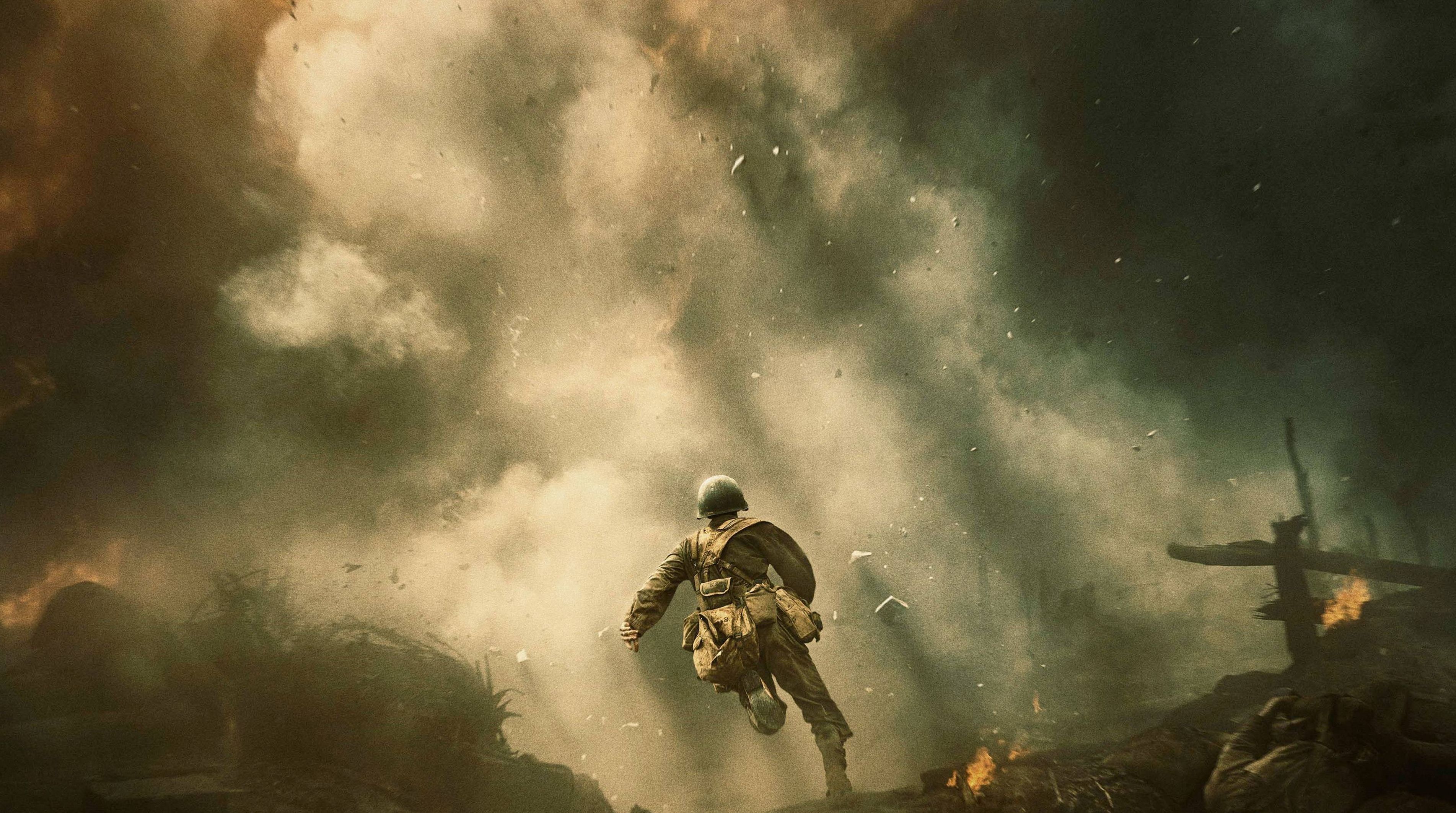
Hacksaw Ridge (2016) Review
 The horrors of war have rarely been this vividly depicted, and it’s a testament to the filmmaking itself. When the battle begins, around halfway through the film, it’s jaw-dropping. It throws you back in your seat, and forces you to keep your eyes on the screen despite how brutal things get.
The horrors of war have rarely been this vividly depicted, and it’s a testament to the filmmaking itself. When the battle begins, around halfway through the film, it’s jaw-dropping. It throws you back in your seat, and forces you to keep your eyes on the screen despite how brutal things get.
At least, that’s how I felt. War films are able to trade on the fact that they are more or less depictions of the true horrors that went down during times of war in our history. Hacksaw Ridge opens with that, teasing us, as if reassuring us that we’re getting to that part, eventually. Of course, we all know this going in. But it’s a poignant, damning opening. It unravels slowly. Fire cuts through a setting veiled in fog and ash. Bodies fly everywhere, but director Mel Gibson hides the truly vicious re-enactments for later on.
Because first, we jump back sixteen years, and we meet main character Desmond Doss as a young boy, running through a forest with his brother, in a race to the top of a cliff looking upon hills and mountains beyond. The most notable thing I took from these images is just how beautiful the film is. It’s luscious, colourful, and really a simple joy to look upon. Gibson smartly uses this to contrast his later turn of the coin, when things become clouded in death and decay, and the beauty on the screen is maintained for pretty much the entire opening act.
The narrative itself is endearing enough. Andrew Garfield is encapsulating as the hero of the story, the conscientious objector who is unwilling to take a weapon into open combat, but can’t bear to stay home while others leave home soil to fight the battle for him. Desmond’s tale comes under the very real trope of the hero’s journey. His difference defines him, incited very early on as a result of a near-tragic, every day event while at home rough-housing with his brother. We’ve seen this story before, and that becomes more and more apparent as Desmond enters the army, receives hostility by his fellow soldiers for his beliefs, and is brought close to breaking point by his superiors.
Still, the introduction of Teresa Palmer as Dorothy Schutte, as well as the complicated familial upbringing Desmond had while in a household ruled by a man driven to alcoholism and inner turmoil by the First World War, instantly makes Desmond recognisable, likeable, and sympathetic. Hugo Weaving is sensational as the aforementioned father, bringing enough gravitas to the role to keep it from fading into a one-dimensional portrayal. The film doesn’t make right his abusive behaviour, but nor does it shy away from the war’s ability to break a man completely. When his son, the “smart one,” tells him he’s enlisted, as they stand on the turf that is the resting places of eighteen year old men that the age-wearied father had gone to war with, it sinks in.
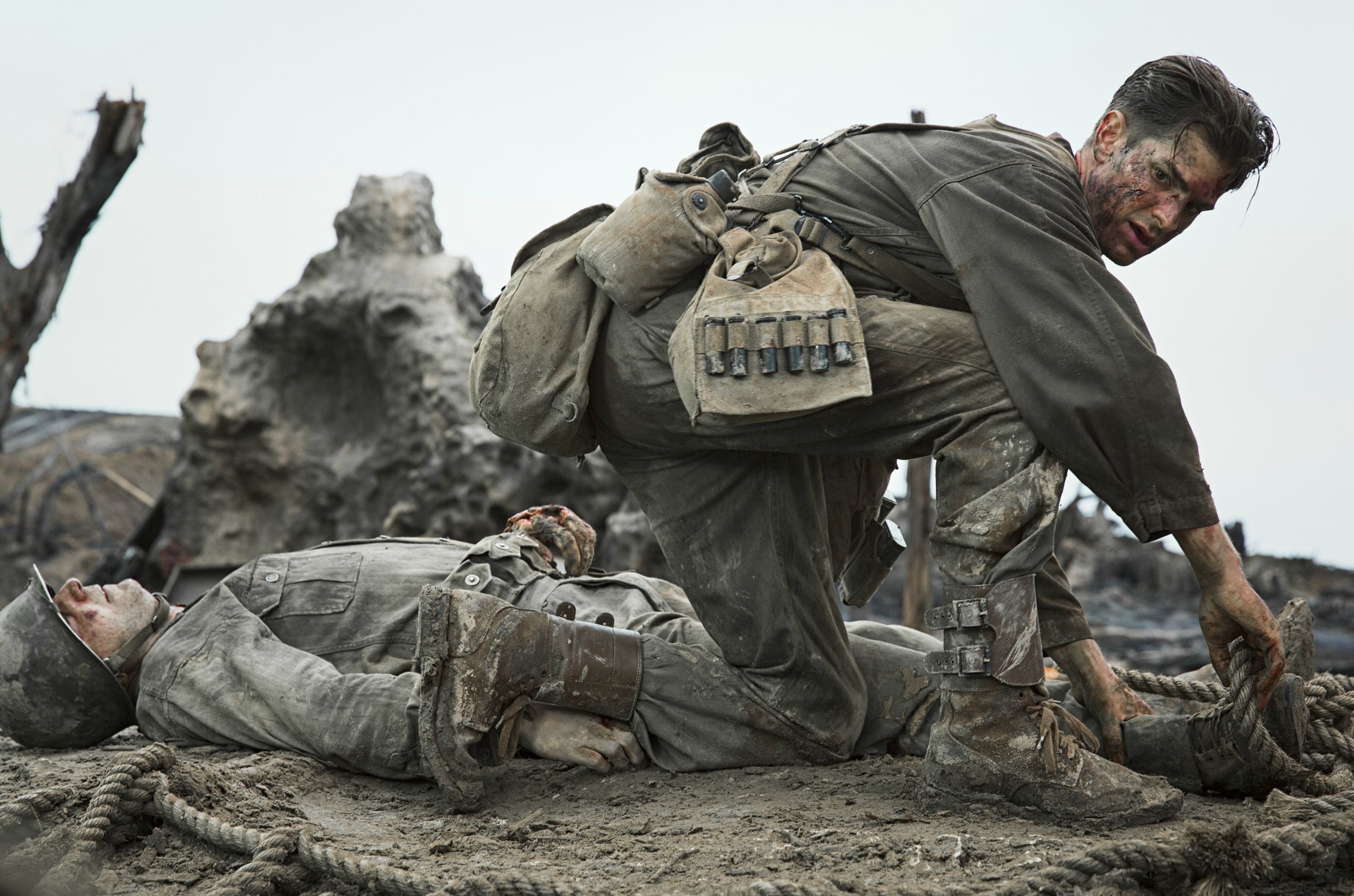
In fact, I will say this; as a young man myself, this film managed to truly pit to me the gruelling question of how I would respond to a situation like this. Desmond is not a fighter, but he is committed to fighting for his country. He is driven to it. He is so full of love, that watching him march into a world of hate is a fascinating juxtaposition. When he comes up against his superiors, in a dispute that could see him in prison, there’s enough there that we haven’t seen before to keep things engaging and moving briskly. When the battling does come, it comes hard.
But it comes at the expense of its central character for long stretches of time. Desmond’s no-killing policy brings him to a standstill when the actual killing starts happening. There’s only so much of him aiding those in need that Gibson can show, when clearly what he really wants to show is how violent and shocking the war is. Limbs fly around, blood splatters the screen, and bombs go off with the kind of impact that the film demands. Gibson doesn’t shy away from war. In fact, he relishes the opportunity to point the finger and tell us it’s real.
We see men die who we’d met and spent time with to varying degrees. But everybody outside of Garfield’s Desmond is pretty one-note and stereotypical of a certain type of character. Luke Bracey as Smitty gets some valuable time with Desmond, but he’s essentially the bully with a backstory, and gets something of a redemption in the heat of war. Sam Worthington plays the stern and kind of by-the-books Captain Glover. Every character is someone we’ve seen before, so that when Desmond fades into the background, it’s to the detriment of the film because outside of the graphic horror, there’s no one particular character or group of characters, truly, to pin our hopes and fears on. Maybe that’s the point. The numbers in war stack too highly.
Vince Vaughan as Sergeant Howell is fantastic, and completely sheds the baggage of past, type-cast roles with his performance here. There’s enough levity early on to keep things rolling, but the ending of the film comes and goes, and feels rather abrupt. Ironically, the fighting becomes draining. It’s a hard balance, and I can’t help but feel that the ending got short-changed. In the end, the battle for Hacksaw Ridge itself was less interesting, despite its predominant place in the film’s final act, than Desmond’s mission to fight for his country and disprove all of the doubters. And his story is certainly one that deserves telling, if only for the fact that he wasn’t ever trying to disprove the doubters. He simply wanted to do his duty.
